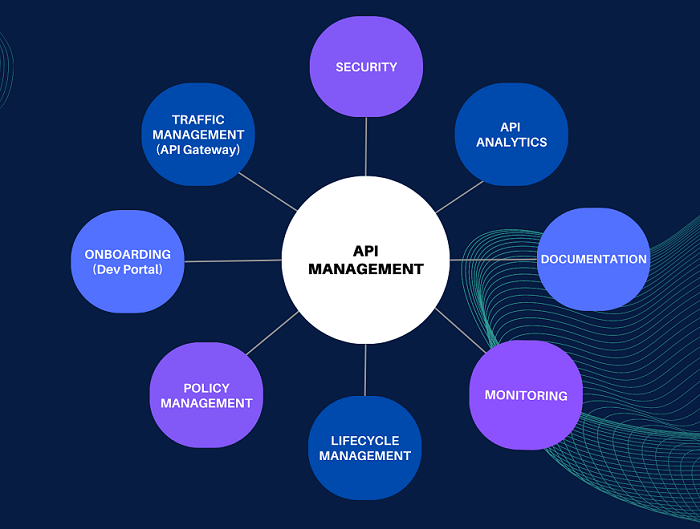The Future of Connectivity: A Comprehensive API Management Market Outlook

The API Management Market Outlook points to a future where the discipline becomes even more intelligent, automated, and central to business strategy. The industry is on a clear path to evolve from being a gatekeeper for individual APIs to becoming a unified control plane for all digital interactions, both inside and outside the enterprise. The long-term vision is one of a seamless, secure, and observable "application network" that powers business agility. This compelling future is confidently supported by strong financial forecasts, which show the API Management Market is projected to grow to USD 43.25 Billion by 2035, exhibiting a compound annual growth rate (CAGR) of 21.4% during 2025-2035, signaling its enduring strategic importance.
In the near-to-medium-term outlook, we will see the continued maturation of several key trends. Full lifecycle API management will become the default expectation, with platforms providing a seamless experience from design to deprecation. The use of AI for security and operations will become more sophisticated; instead of just detecting anomalies, AI will start to offer prescriptive recommendations, such as suggesting a specific security policy to mitigate a newly identified threat. The adoption of hybrid and multi-cloud deployment models will continue to be the norm for large enterprises, driving demand for management platforms that can provide a consistent governance layer across diverse and distributed environments. The market will consolidate around vendors who can offer this level of comprehensive and flexible management.
Looking further ahead, the long-term outlook is defined by the convergence of different connectivity patterns. Today, API management largely focuses on synchronous, request-response APIs (like REST). The future will see platforms evolve to provide unified management for a broader range of communication styles, including asynchronous, event-driven architectures (using technologies like Kafka and WebSockets) and new API query languages like GraphQL. This will lead to the emergence of a "Universal API Management" platform that can govern all types of application traffic. This convergence will also include a deeper integration with service mesh technology, creating a single point of control and observability for all North-South (external) and East-West (internal) communication, which is the holy grail for managing complex cloud-native applications.
Ultimately, the most significant shift in the long-term outlook will be the elevation of API management from a technical IT function to a core C-level strategic concern. The ability to build, manage, and scale a vibrant ecosystem of APIs will be directly linked to a company's ability to innovate, enter new markets, and create value. The API platform will be viewed as a central business asset, a primary engine for revenue generation and competitive differentiation. The conversation will move from "How do we manage our APIs?" to "What business outcomes can we achieve with our API strategy?" This strategic repositioning ensures that the API management industry will not only continue to grow but will become an even more indispensable partner in shaping the future of digital business.
Explore Our Latest Trending Reports:
- Art
- Causes
- Crafts
- Dance
- Drinks
- Film
- Fitness
- Food
- Games
- Gardening
- Health
- Home
- Literature
- Music
- Networking
- Other
- Party
- Religion
- Shopping
- Sports
- Theater
- Wellness


